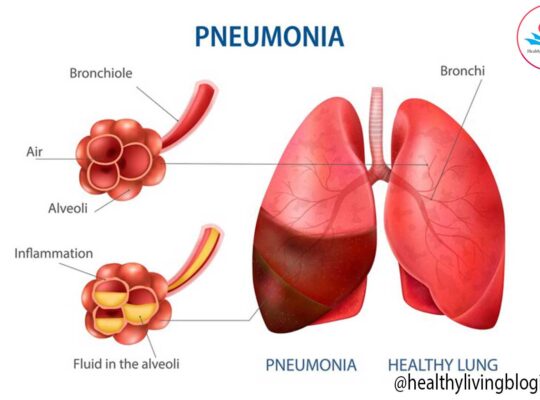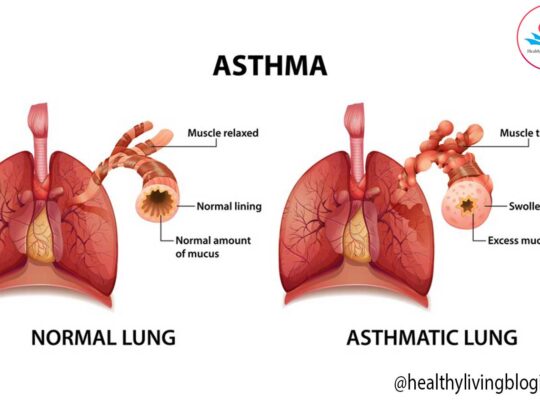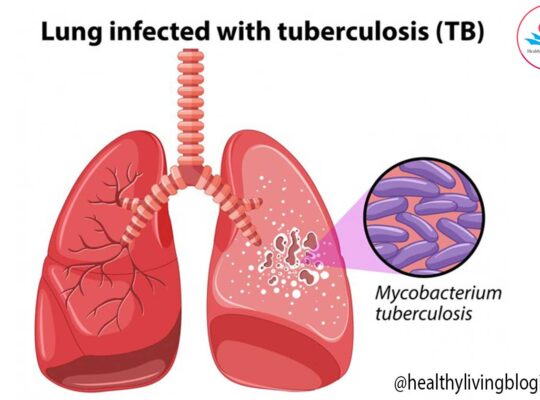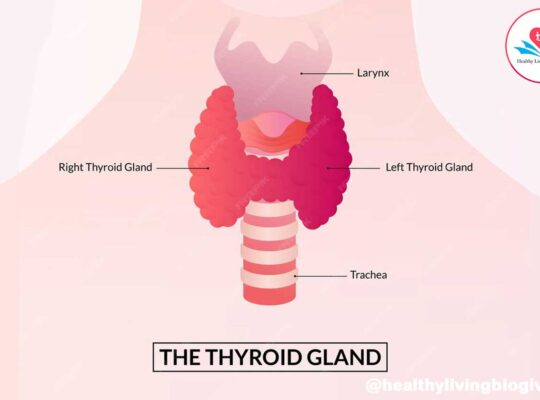Typhoid
Overview: Typhoid is a bacterial infection caused by the bacterium Salmonella enterica serotype Typhi. It is a highly contagious disease that spreads through contaminated food and water or through close contact with an infected person. Symptoms of typhoid include high fever, headache, abdominal pain, and diarrhea. If left untreated, it can lead to serious complications …










